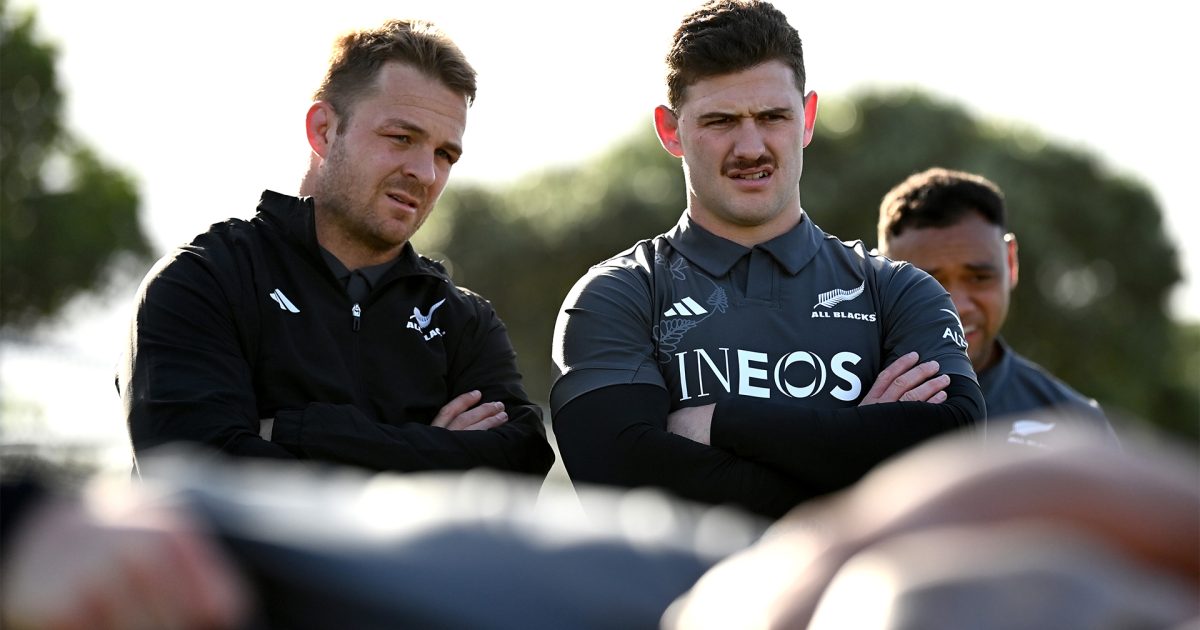Sam Cane leaves immense legacy and opportunity in All Blacks wake

Sam Cane’s impending retirement from international rugby changes the outlook for the famous All Blacks No. 7 jersey moving forward, something that is sure to excite the next generation of flankers coming through the ranks.
One man who has been rubbing shoulders with Cane in the All Blacks environment and even pushing the captain for minutes is the Blues’ Dalton Papali’i.
The flanker now has over 30 All Blacks caps to his name, and will be one of the leading contenders to succeed Cane in Richie McCaw’s old jersey.
But even with his seven years of All Blacks experience, the 26-year-old is wary of uncapped players enjoying career-best form around the country.
“It brings the best out of everyone,” Papali’i said of the competition for All Blacks selection. “Peter Lakai and Du’Plessis Kirifi are coming through and really pushing the boundaries so that makes everyone better.”
While Papali’i is a leading contender for a promotion to the starting unit against England in July, the form of his Blues teammate Hoskins Sotutu is also a threat to that ambition, as the No. 8 could push reigning World Rugby Player of the Year Ardie Savea back to his former No. 7 jersey.
Luke Jacobson has also recently re-adopted the openside flanker role to make way for Wallace Sititi at No. 8 for the Chiefs, and Ethan Blackadder has made a similar shift to No. 7 as Christian Lio-Willie returned from injury for the Crusaders.
Reflecting on Cane specifically, Papali’i said the captain’s resilience was second to none.
“Getting to play with Sam, and seeing the character and man he is, it’s a privilege to be in a team with him.
“I’ve always had good competition with him, and he’s brought the best out of me.
“We’re good mates as well and it’s going to be a sad day seeing all the so-called legends of the game go.”
Throughout his years of competition and camaraderie with the Super Rugby and World Cup winner, there were many lessons Papali’i credited Cane for.
“The main thing for seven [flanker] is not taking a backward step, just throwing yourself into contact and getting into collisions…He epitomised what a seven was and what it was to be an All Blacks captain and seven.”
The recent contest that proved Cane’s character was the Rugby World Cup quarter-final against Ireland last October. Cane completed a game-high 22 tackles, three of which were dominant and the skipper also claimed two breakdown steals.
“We knew that game was important, and the way we won it probably goes down as one of my favourite games of all time. And especially for Sam after his journey over the last couple of years and then having a performance like that just goes to show what man he is. Massive respect to him.”










































































Wish him and his family the best in his retirement from International rugby and into the future.